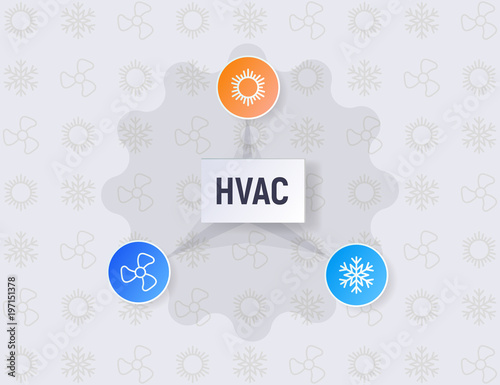Exploring The Environmental Advantages Of Warmth Pumps - A Sustainable Home Heating Solution
Exploring The Environmental Advantages Of Warmth Pumps - A Sustainable Home Heating Solution
Blog Article
Write-Up By-Glass Smed
In an era where sustainability and energy efficiency are vital, many services seek green heating solutions. One such service is the heatpump.
A heat pump draws out the heat in its environments and pumps it into your home, leading to one of the most effective eco-friendly main heating unit around. This process also creates no greenhouse gas exhausts, making it an extremely lasting modern technology.
Power Performance
Heat pumps are really power efficient and need little maintenance. They utilize less electrical power than various other heating unit and are without a doubt the most eco-friendly. They function well with roof solar and can usually pay for themselves in energy financial savings alone.
They can also supply cooling, which is excellent for garage workshops, attic room hangouts and reward spaces, and home enhancements without prolonging the existing ductwork. home air conditioning can even be utilized for retrofits in existing homes with hydronic (water-based) circulation systems such as reduced temperature level radiators or radiant floors.
Seek models with SEER and HSPF ratings that fulfill or surpass Canada's minimum requirements, along with the criteria in your region. Greater rankings imply higher effectiveness, which conserves you money over time and decreases your carbon impact. You could even get discounts and motivations! The most effective units are those with a ground warm exchanger for included effectiveness. These devices can take in thermal energy from the ground throughout the wintertime and essence it in the summer season.
Minimized Greenhouse Gas Emissions
Heatpump work on electrical power and basically transfer warmth from the air, also when it's cool exterior. They are able to draw out the free heat entraped in air fragments and relocate them inside, reducing moisture while doing so.
Compared to gas heating systems, contemporary heat pumps utilize less than one kilowatt of power per kilowatt of home heating power they generate. This makes them one of the most energy reliable heating option available with a POLICE OFFICER (Coefficient of Performance) of 4 or even more. By reducing the need for fossil fuels, heat pumps help reduce greenhouse gas discharges and cut other major air contaminants.
Structure decarbonization is a global necessary, and the heating and cooling market is a key vehicle driver of that process. Whether it's investor making net absolutely no commitments, policy manufacturers setting discharges restrictions, or tenants requiring greener rooms, electrical heat pumps are being identified as a vital option. They are a cost-effective way to lower carbon exhausts by getting rid of the requirement for nonrenewable fuel sources in structures.
Adaptability
Heat pumps can be utilized in lots of types of homes and structures-- with or without ducts. air con repairs deal with hot-water radiators, air-conditioning and programmable thermostats. They can change heating systems or be installed in brand-new residences. They can work on photovoltaic panels, geothermal systems and even district heating sources like wastewater.
They're great at supplying more warm per power device. As an example, an air-source heat pump generates up to three or more home heating devices from each electricity device it eats.
Getting one of the most from your heat pump will certainly depend upon your climate zone and top quality of insulation. Seek versions with ENERGY celebrity rankings and contrast their SEER or HSPF specifications. In warmer climates, concentrate on SEER; in cooler regions, think about a system with a greater HSPF rating. On top of that, purchase air securing and insulation to minimize the tons on your heatpump. That will certainly boost power effectiveness and help you reach your Internet No goals quicker.
Biomass Boilers
Biomass boilers utilize timber pellets, chips or logs to create heat and hot water. They are a good selection for off-grid residential or commercial properties or those that wish to get off the gas grid.
As a standalone heating system, biomass can give adequate energy to keep your home cozy all year round without the common warmth drop off of other eco-friendly technologies. They can additionally be used together with photovoltaic panels to increase cost savings and take advantage of RHI repayments.
A downside of these systems is the in advance expense and regular fuel deliveries. Commonly, pellets will require to be blown right into a gas shop using a vacuum system or they can be by hand fed into the central heating boiler via a hopper. Logs are commonly self-sourced from nearby woodland or bought in bulk. Along with this, they call for hand-operated loading and may require cleaning often.